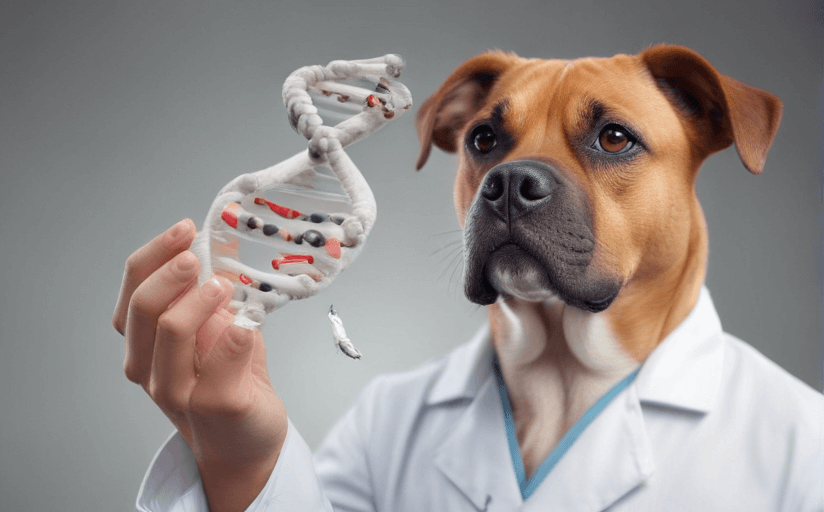Exploring the Ethical Implications of Pet Cloning in a Technologically Advanced World
In our increasingly technologically advanced world, the feasibility of pet cloning becomes more prominent. However, this brings a wave of complex ethical implications that we as a society must navigate.
The Process of Pet Cloning
The science of pet cloning involves taking the genetic material out of a living or deceased animal, and implanting it into a host animal. If successful, the cloned embryo develops into an animal that is a genetic equivalent of the original. Despite sounding like science fiction, this technology is real and currently being commercialized.
Potential Advantages and Disadvantages
From an emotional perspective, the thought of having a beloved pet 'return' through the process of cloning can provide comfort. However, it's worth noting that while the cloned pet has the same genetic makeup as the original, their personalities may differ due to environmental factors. Scientifically, the prospect of pet cloning opens up possibilities for preserving endangered species or studying genetic diseases. Nevertheless, the cloning process is not without its pitfalls. It often involves multiple miscarriages and deformities, prompting concerns about animal welfare.
Moral Viewpoints and Animal Rights
Cloning beings forth arguments about animal rights. Critics argue that cloning equates animals to commodities, stripping them of their inherent worth. Furthermore, it raises concerns about the suffering that animals endure during the process, bringing to question whether the ends justify the means.
Psychological Effects on Owners
While the prospect of cloning a beloved pet may seem comforting to grieving pet owners, psychologists warn about the possible detrimental effects. As cloned pets are not identical in personality to their genetic donors, owners may face disappointment or even resentment towards the cloned pet.
Legal Aspects
The legality of pet cloning varies across different nations. For instance, while it is currently legal in countries like the United States and South Korea, other nations like the EU member states strongly discourage the practice for ethical reasons. The lack of a universal stance on pet cloning further complicates the issue.
Should We Push the Boundaries?
In conclusion, pet cloning opens up a Pandora's box of ethical, emotional, scientific, and legal implications. As technology continues to advance, we ask ourselves: Should we exploit these advancements to such an extent, even if it's driven by love for our pet companions? While the answers are subjective and vary among individuals, this is certainly a question worthy of deep contemplation.


















Comments
Leave a Comment